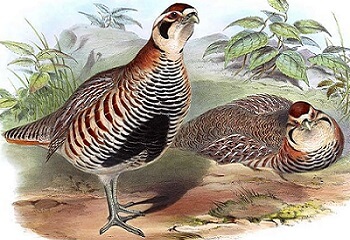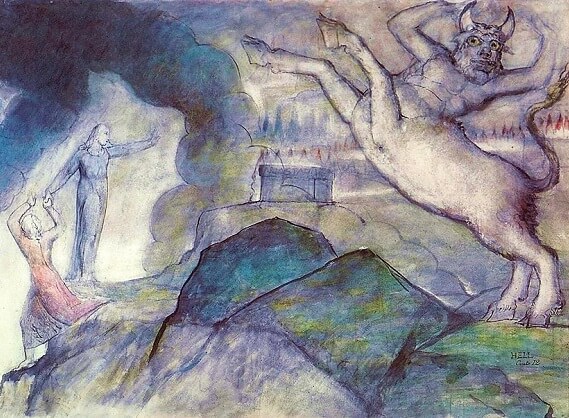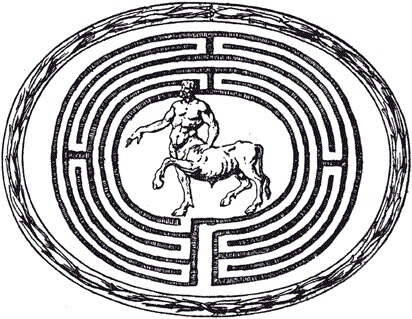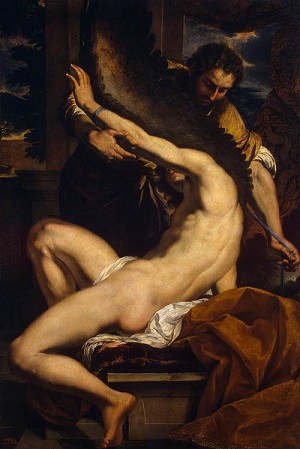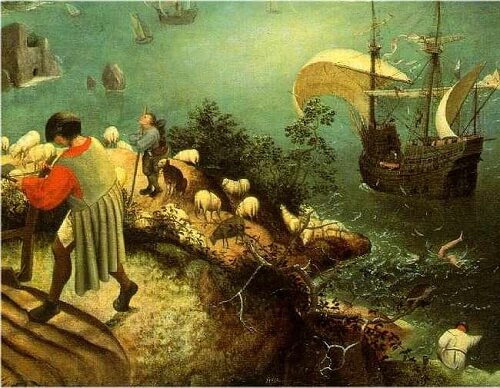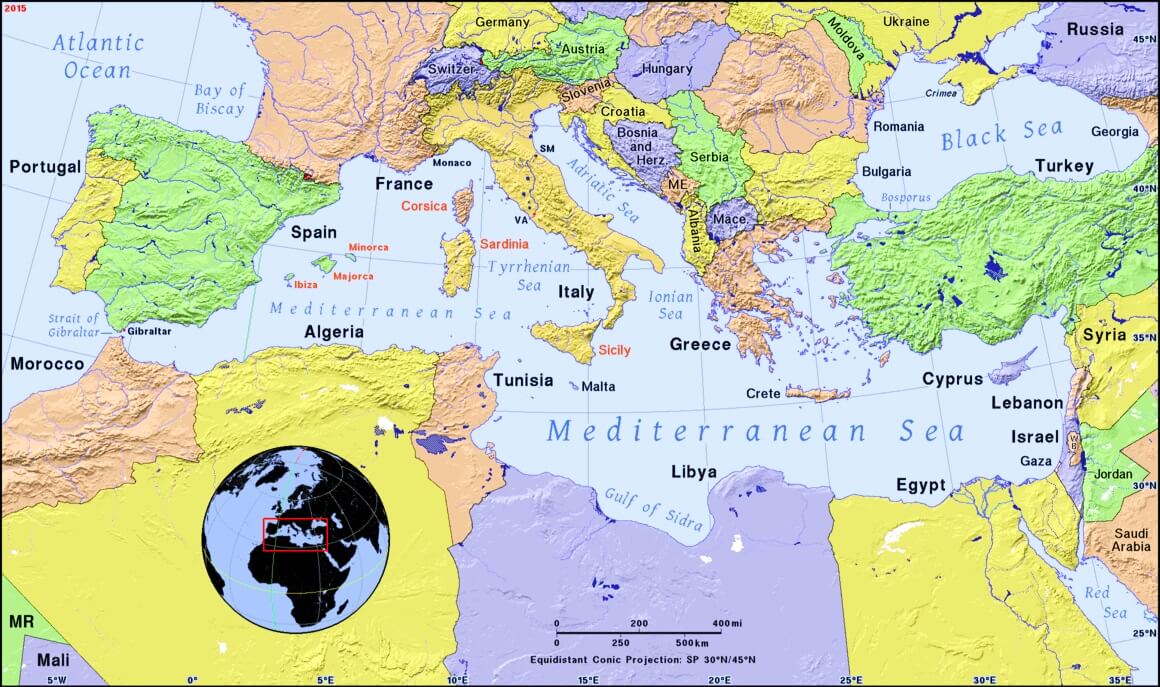Activity 1: Recite the Book Information
- Recite the name of the author, the title of the book, and the title of the chapter.
Activity 2: Narrate the Story
- Narrate the events aloud in your own words.
Activity 3: Study the Story Picture(s)
- Study the story picture(s) and verbally describe the relation to the story.
Activity 4: Map the Story
- In the story, Daedalus and Icarus attempt to fly to Sicily to escape Crete.
- Trace the path between Crete and Sicily on the map of the Mediterranean Sea.
- To which country does Crete belong?
- To which country does Sicily belong?
Activity 5: Playact the Minotaur
- Pretend you are the Minotaur.
- You wander into the labyrinth.
- Pretend to get lost and wander around the corridors.
- Make 'terrible bellowings' as you fruitlessly search for an escape.
Activity 6: Complete Written Narration

- Click the crayon above, and complete page 238 of 'Fourth Grade Prose: Written Narration, Dictation, and Review Questions.'
Activity 7: Complete Copywork and Dictation

- Click the crayon above, and complete pages 238-239 of 'Fourth Grade Prose: Written Narration, Dictation, and Review Questions.'
Activity 8: Match the Greek and Roman Names

- Click the crayon above, and complete page 239 of 'Fourth Grade Prose: Written Narration, Dictation, and Review Questions.'
Activity 9: Color the Mythological Character and the Celestial Body

- Click the crayon above, and complete page 240 of 'Fourth Grade Prose: Written Narration, Dictation, and Review Questions.'
Activity 10: Answer Written Review Questions

- Click the crayon above, and complete page 241 of 'Fourth Grade Prose: Written Narration, Dictation, and Review Questions.'
